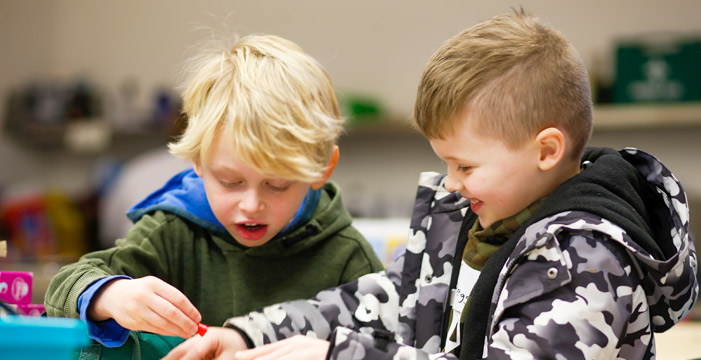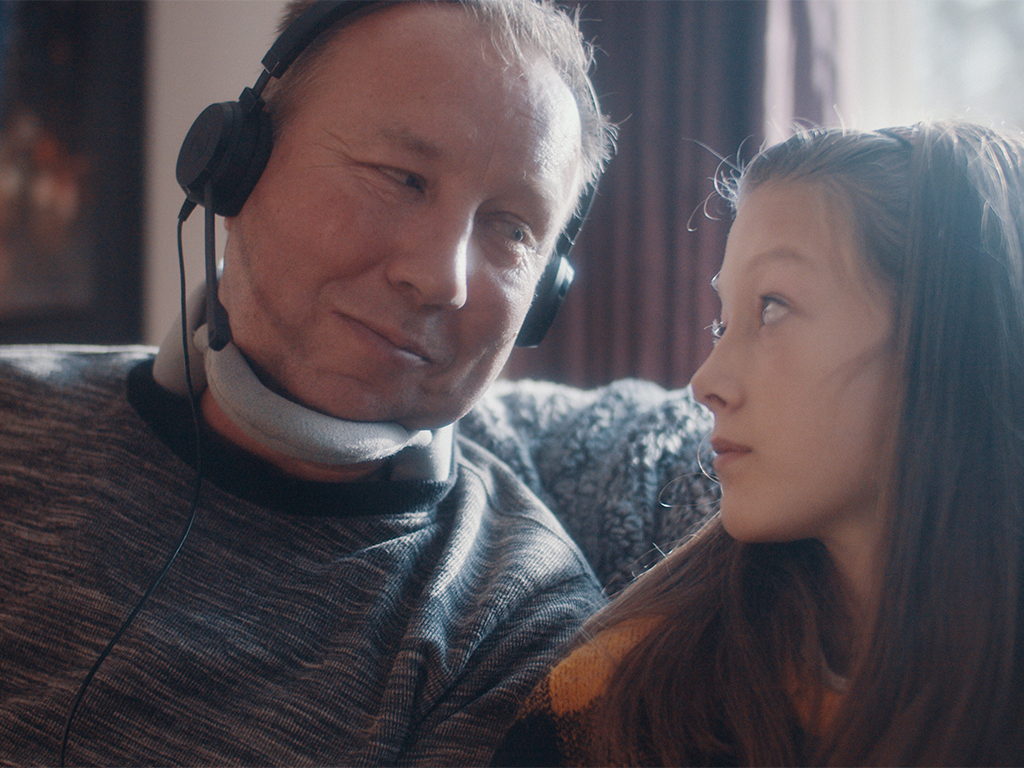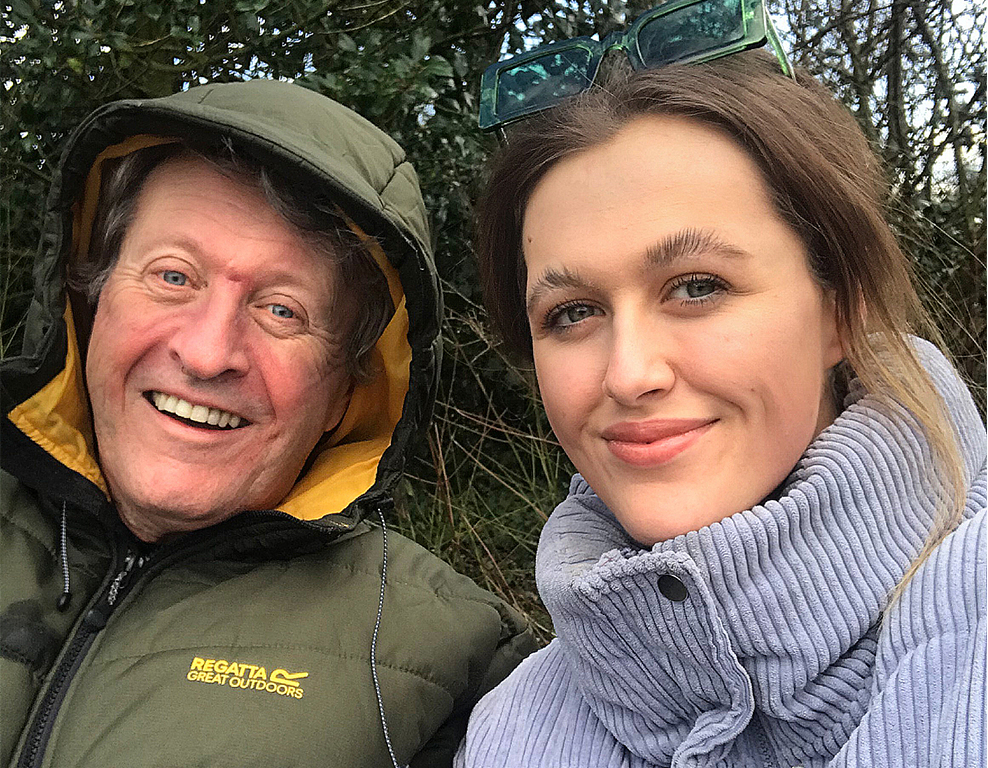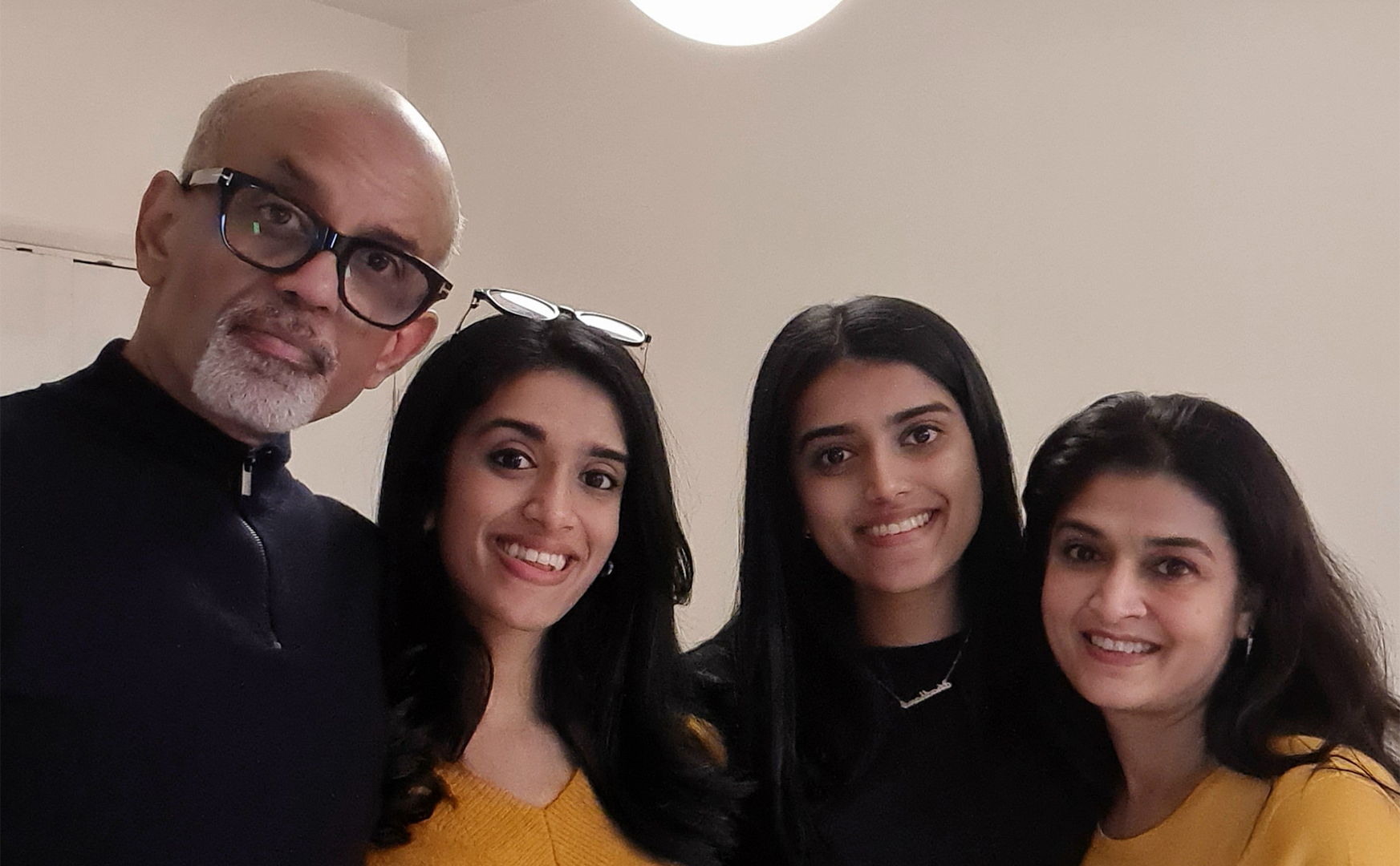Do you know someone with motor neurone disease (MND)? If you are a child or young person aged up to 25, find out more here. There is also information for parents and guardians, including professionals who give support.
You may also be interested in...
Page last updated: 21 March 2024
Next review: March 2025



